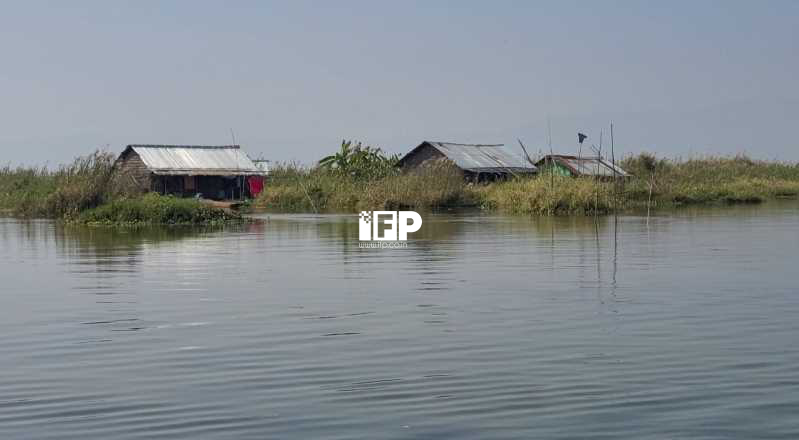The Loktak Hydro project, rivers and streams flowing directly into the Loktak Lake without any proper controlled mechanism, and use of mechanised boats in the name of eco-tourism, have become a major source of pollutants that is degrading the ecosystem of the biggest freshwater lake in Northeast.
This was stated by All Loktak Lake Areas Fishers Union Manipur (ALLAFUM) secretary O Rajen during the observance of World Wetlands Day 2023 at the one and only natural floating village ‘Champu Khangpok’ in the heart of the Loktak Lake in Bishnupur district, Manipur.

The lake, which was recognised as a Ramsar Site of international importance in 1990, not only provides food and shelter to hundreds of families living in and on its periphery, but also gives shelter to many species of fish, aquatic plants, migratory birds and endangered Sangai species.
Since the commission of the Loktak Hydro project in 1983, as many as 20 species of fishes, aquatic plants like Heikak and Thangjing have become extinct from the lake, besides lessening the numbers of migratory birds, Rajan said.
He also pointed out that the fuel emission from the motor boat, the pollutants brought down by the rivers and streams including bio wastes and use of chemical fertilisers in the fields located in the periphery of the lake are also major factors in the pollution of the lake.
The depth of the lake was once above three meters, unfortunately the approximate depth of the lake is now only one and a half meters while the area of the lake which was once 236.21 square kilometres is now becoming smaller by the day, he added.
Highlighting the roles taken up by the fishers’ community to save the ecosystem of the lake, he mentioned the adoption of traditional methods of fishing and imposing a ban on using motor boats, fishing by electrocuting, overfishing at night and fishing of young fishes.
“We did this as the government has not taken up any genuine step to save the lake, rather than focusing on cleaning phumdis using machines and making inland waterways in the name of eco-tourism," he said.
Further pointing out that the fishery in the lake accounted for up to 90 per cent of the total fish produced in the state, he also expressed dissatisfaction with the state government negligence towards the fishers of the lake by focusing on those captured fish farmers.
The fisher community cannot alone save the lake, he said, stressing the need of active participation by all those living by the river shores and those in the periphery of the lake and especially, the government.
Stating that none of the fishers of Loktak Lake will ever carry out any activities to degrade the ecosystem of the lake as it is their only source of livelihood, Rajan appealed to the state government, “Please do come forward and actively support and in the initiative taken up by the fishers in rescuing the dying Loktak Lake”.
The World Welands Day observance was organised by ALLAFUM and Champu Khangpok Floating Village Welfare Committee in collaboration with National Platform for Small Scale Fish Worker, Ngamee Lup, People's Resource Development Association, Indigenous Perspective and Environment Support Group.